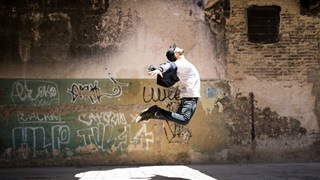
Real science
Mark Berry on a life in buildings | Issue 21 | 2022

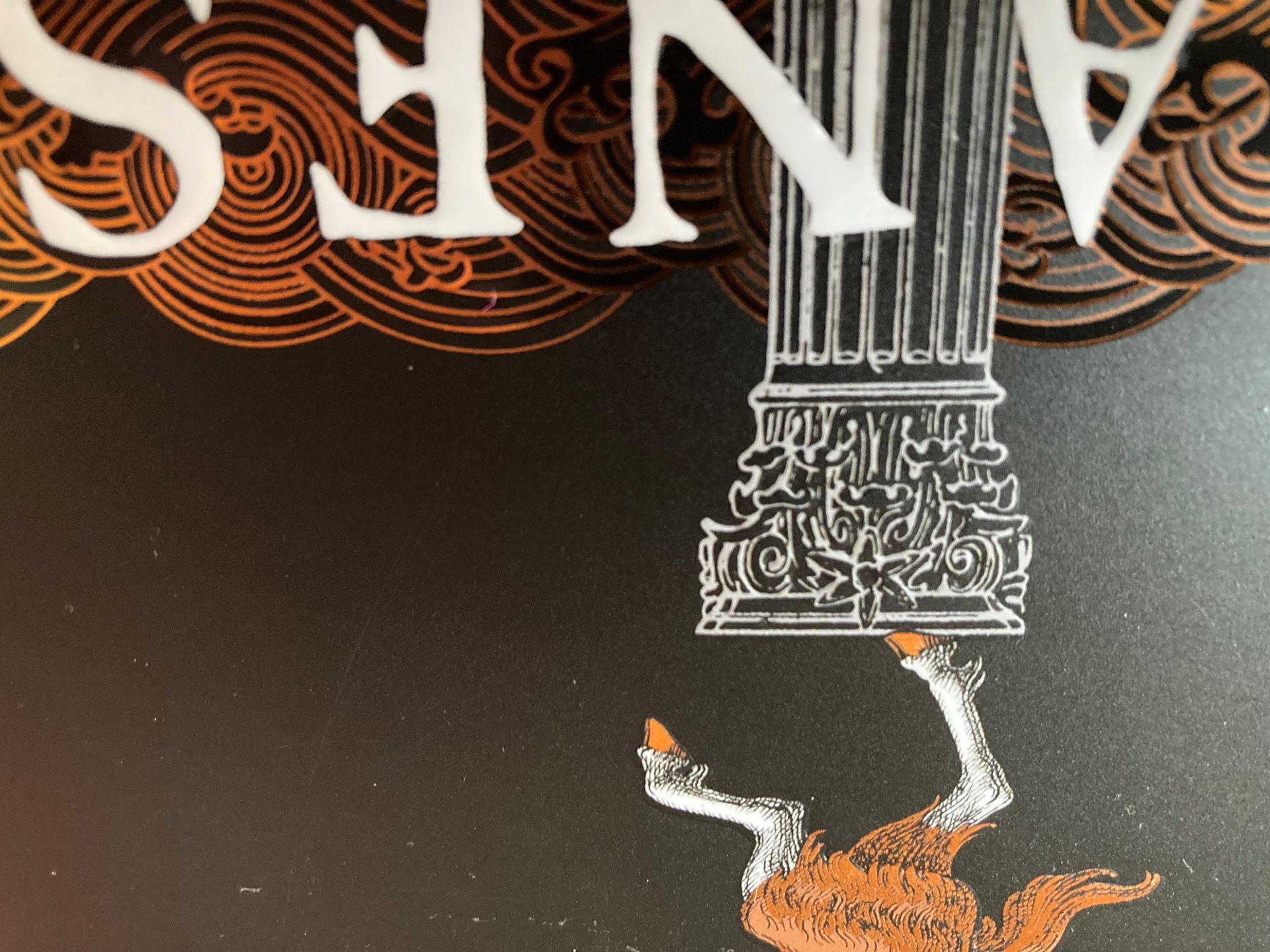
If you have time to read only two books in 2022, choose from these, presented to you by
Khawaja Muhammad Akbar, London |
Scott Atkins, Sydney |
Mark Berry, Dubai |
Patrick Bracher, Johannesburg |
Xavier Pierrot, Paris |
Verushka Reddy, Johannesburg |
Omar Salah, Amsterdam |
Russ Trice, Los Angeles |
Brynn Valentine, Oxford and Vancouver
That Reminds Me is very topical—race, mental health, all of it—it covers a lot in terms of the British black experience. This book, the first novel to be published by Merky Books (Stormzy’s publishing imprint with Penguin), won the Desmond Elliott prize in 2020. The poet Benjamin Zephaniah said about it: ‘Derek Owusu’s writing is honest, moving, delicate, but tough. Once you lock on to his words, it is hard to break eye contact.’
I really enjoyed this essay to the author’s adolescent son about the feelings, symbolism and realities associated with being Black in the United States. The Financial Times described it as ‘brutal and lyrical, elegant and searing’; the New Yorker called it ‘extraordinary’. Coates won the National Book Award in the U.S. for this book.
Sweetness, innocence and a love for his world. Piranesi. The novel from the 2021 Women’s Prize for Fiction winner, Susanna Clarke. You’ve walked past her book at your local independent. Why? Perhaps because you were not ready for an infinitely clever and spellbinding novel of such abiding magic, centred around an intoxicatingly joyful waif. Piranesi dwells in a labyrinthine House of other-worldly architecture, wandering through it while dodging periodic floods which seemingly originate from nowhere and, along the way, learning his own identity—just as you do. This is a novel of exceptional beauty and replete with bizarre twists and thrilling turns. The pace is mesmerising. The birds are enchanting. You will want to let it swallow you whole.
AirPods in. Podcast on. I stopped in my tracks. Have you read David Whyte? Start with Consolations: The Solace, Nourishment and Underlying Meaning of Everyday Words. The density of being human is unpacked by Whyte in his relentless search for truth. You will be reminded of the things you have forgotten, of the inherent meaningfulness of life, of the profundity of being human. A life-affirming book and a meditation on meaning and context—it will shift and broaden your perspectives on life.
In my early teenage years I was always dreaming of the future and what it would be like. Would the world end as it had for so many civilisations? I could never quite grasp how it was that the Romans were in Britain for longer than the period between today (my teenage self) and the time (C16th) when Henry VIII was on the throne—and then were gone, with barely a trace. So I read this book, recommended to me by my Dad.
Asimov’s story of the future of humans blew away that tiny stretch of time. In his (psychoanalytical) trilogy, humans have evolved and diversified in more ways than we could contemplate even today. Foundation is the story of the behavioural issues that that raises; and how those humans build, destroy and rebuild galactic civilisations through their mathematically ‘predictable (and unpredictable!)’ behaviour. The prescience of Asimov’s thoughts are illustrated by his three Robot Laws. These are still referred to today and still influential in the development of AI as we approach what the great technogeeks of our time call Life 3.0.
Asimov affirmed my desire to live forever. Read him, and maybe you will also want to. Or maybe not, given that history does seem to repeat, even in the future.
I read this as a grown-up on one of my many backpacking trips. Shantaram is a novel based on the true-life exploits (allegedly) of an escaped convicted bank robber who ends up in Bombay (Mumbai) in the 1980s. He befriends a local and becomes integrated and, indeed, given saint-like status in the slums of Mumbai, where he learns the local language, Marathi, and dispenses rudimentary healthcare. He goes on to become part of the Mumbai Mafia, running drugs, fake IDs, illegal money exchange and laundering. He becomes so assimilated that he is eventually able to do that Indian head-wiggle that no one but a subcontinental Indian can do. Ten years later, as I tracked around Mumbai, I found I could move from place to place just from my memory of the descriptions in the book, Leopold’s Café, its proximity to the market, and so on. It felt real.
This fascinating, accessible book is, in my edition, subtitled How Migration Made Us Who We Are. It is Eurocentric because Krause does extraordinary archeogenetic research in Germany on the DNA of our ancestors. He can decode a tooth 4000 years old to determine whether the owner was a farmer or hunter-gatherer. Persistent migration has changed the world and developed languages and pandemics. Ethnicity and race have no scientific backing and the branches of the human family tree are intertwined. If you have ever asked yourself, ‘Where did I come from?’, this is the book for you.
This is a charming guide to how to write like Shakespeare, the ‘master of the memorable line’. Mastery can be learned and in this book Forsyth teaches you the art of persuasion. Each chapter describes a figure of speech. Some will be familiar (alliteration); some, you may have heard about but forgotten (litotes); and some will be new and exciting (enallage). Like a Dickens’ novel, every chapter leads into the next one; by the end of all 39 chapters you may be ready, like Bob Dylan, to win the Nobel Prize for literature.
This beautifully written book is about disability, seen through the eyes of siblings whose young brother is disabled. All manner of deeply honest reactions are encompassed. Love is mixed with frustration, disgust, joy, anger. Even the stones of the house have their say. Knowing that the author is writing about her young brother makes this book very touching, I confess.
I inherited from my mother, who was a French teacher, a love of the French language and of texts in French. S’adapter was only recently published—in French—and it may be that a translation is not available yet. But already it has won the Prix Femina and the Prix Goncourt des Lycéens.
Riverworld is a science fiction classic. I have read it many times, most recently when I was advocating it to my twin teenage daughters. It is about departed people suddenly resurrected along the waterways of Riverworld. It is also about the true nature of men and women when delivered from death and the need for sustenance.
Ishiguro raises deep philosophical and ethical questions in this tale of Klara, an AF: an artificial friend, who we first meet in a store window waiting to be sold. Klara has no real experience of living amongst humans but longs to be chosen; and eventually she is, by a little girl who is gravely ill. What follows is an examination of the life of a family divided and desperate to hold onto their daughter. Ishiguro explores the meaning of love—and mortality—and the role of technology in modern life. If compassion can be programmed, what makes human beings different, human?
This is a book that may interest many of you, but by the time I came to the end I have to admit to feeling disappointed. This is my first Ishiguro and I expected it to be more compelling than it was. It may well be my last Ishiguro. But not for you. You may love it. So, despite my reservations, I am offering it up to you.
This novel won the 2021 Booker Prize, and it did not disappoint.
The Swart family are an ordinary, middle-class Afrikaans family in South Africa. We first meet them when they come together to attend the funeral of Rachel, mother to the three children and wife to the husband. During this encounter we learn about life on the farm and their relationship with the Black family who live there, too, and work for them. It is 1994, in the fractious, tense period before South Africa’s first elections.
Before Rachel passes away, a promise is made, and this promise is the thread that runs through the story of the Swart family.
After the funeral the family members go their separate ways, but are duty-bound to return to their family home every so often over the decades that follow. During these forced reunions the promise hangs in the air, acknowledged but not resolved. While South Africa changes in the most fundamental way, time seems to stand still on the Swart farm.
Each chapter focuses on a particular family member. The key characters narrate the story, and Galgut switches from one to another. As the story unfolds, he captures the inner workings of each family member so well that you feel as if you know them. Each one chooses a different path, and this sees them drift apart. While their lives are no different to many South Africans (or middle class families the world over), the combination of events and family dynamics that keep them coming back to their family farm are utterly compelling and narrated with a haunting honesty.
The backdrop of the changing political landscape heightens the tension and draws the reader into the world of the Swart family. Post-apartheid South Africa is both triumph and tragedy and both are captured eloquently. The events that that slowly unravel this family are unremarkable in South Africa—they are commonplace—but they are brought beautifully into the light by Galgut. His prose is so clear that it transports you into their world.
As a South African reader, this is a story that is extremely relatable, poignant, at times funny, almost as though a private joke and a not-so-private tragedy are shared. The Promise is one of the best books I have read in a very long time.
Angela Duckworth
An impeccable piece on passion and perseverance. Duckworth takes bits and pieces from her own research as a professor of psychology at the University of Pennsylvania and turns that into a more light-touch book that inspires you to work diligently towards your goals. ‘Falling’ is part of success. Hard work is as important as talent.
An excellent work on nothing less than the history of the world. Ansary explains how it is that we, in the West, share a common narrative of world history and, for a thousand years, other civilizations shared an entirely different narrative. He opens up the history of the Islamic world and shows us how to comprehend and look at the same series of events from different perspectives. A truly enriching account.
“Directions. It was only directions. This did not seem too dangerous. I paused and examined Myself for signs of imminent madness or tendencies to self-destruction. Finding none, I read further.” [p.133]
A rare year of reading brings something truly original in style or substance to my bookshelf. Reading Piranesi was pure fascination, a journey through a world heretofore unknown to me or the main characters. The book unfolds like a map of consciousness traveling from room to room, revealing a labyrinth of well-written prose. Susanna Clarke deserves her Women’s Prize for Fiction, 2021.
This book—subtitled How Fungi Make our Worlds, Change our Minds & Shape our Futures—is surprisingly not overreaching. Merlin Sheldrake (oh, it’s fine to chuckle) has raised from the soil for our consideration a vast living group of organisms beyond plants and animals. Sheldrake’s observations, like fungi themselves, spread deep and wide. The reader learns about the near magical connections through vast fungal networks between trees in a forest, and big but important words, such as ‘mycoremediation’. This book makes a great gift for That Certain Reader.
This 720-page bestseller from 2015 follows the devastating yet resilient story of a young man, Jude St. Francis. A Little Life has emerged as a spearhead in fiction for tackling controversial themes. The book explores the notion by which we choose our families and acknowledges hybridized identities surrounding race, sexuality, and beyond. It is filled with insights surrounding kinship, kindness, and strength. Readers may find shelter within these pages.
Hanya Yanagihara’s third novel, To Paradise, has just been published (January 2022). A Little Life was her second.
Tara Westover’s 2018 memoir takes her readers on a journey from her turbulent homelife and Mormon upbringing in Clifton, Idaho to her studies at Cambridge and Harvard. Educated reaffirms the beauty of meritocracy for beautiful minds such as hers. Class mobility, religious identity, intellectual freedom—it’s all covered here, along with love for knowledge and sometimes crippling feelings of imposter syndrome. Educated shows that one’s upbringing should never undermine a person’s sense of belonging. The things that make us distinctive turn within a homogenous world into ‘beneficial tools’.
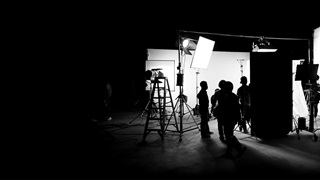
An esoteric, eclectic array of movies, including Royston Tan's 881 | Issue 20 | 2022
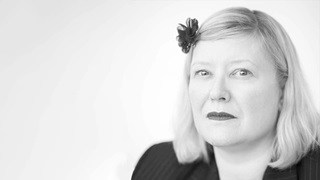
Lesley Browning's playlist includes the musical genius that is David Byrne | Issue 20 | 2022
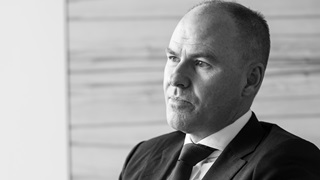
'I never got to say goodbye to her' | Scott Atkins in conversation with Ingeborg Alexander | Issue 13 | 2018
© Norton Rose Fulbright LLP 2025